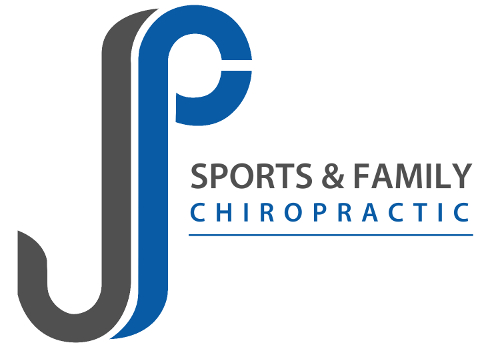![]() 631-598-7034
631-598-7034![]() Schedule Online
Schedule Online
Newsletter Sign Up
Want to keep up to date with all our latest news and information? Enter your email below to be added to our mailing list.
Osgood-Schlatter Disease
Osgood-Schlatter Disease is defined as epiphyseal aseptic (ischemic) neocrosis of the tibial tubercle. The tibial tubercle is the bump below the knee where the quadricep muscles attach.
This injury is one of the most common complaints in children playing soccer from ages 10 – 16. A suggested cause of Osgood-Schlatter Disease is indirect trauma; that is a force due to a sudden contraction of the quadricep muscles, concentrated on a small portion of the incompletely developed tibial tubercle. This produces a pulling type fracture, which initiates the syndrome. Children during the rapid growth period of puberty, particularly boys, are predisposed. The condition often involves both knees.
Some of the symptoms of Osgood-Schlatter Disease are pain, tenderness, soft-tissue swelling, without inflammatory signs, well localized to the tibial tubercle. In addition, pain during running, kicking, kneeling and climbing stairs is also present.
Signs of this disease are pain produced by active extension of the knee against resistance, swelling over the tibia tubercle (bump below the knee cap), as well as, the injured knee is somewhat larger than its opposite counterpart.
X-Ray films should be taken to view the knee, plus a soft-tissue lateral X-Ray with the knee slightly rotated internally. Most of the findings will come from the lateral film. Variable degrees of separation, fragmentation, scarring of the tubercle, and overlying tissue swelling will be seen on the X-Rays, depending on the stage and the severity of the disease and the developmental condition of the tubercle.
Suggested treatment consists of hourly ice sessions (20 minutes) to the tibial tubercle, followed by active, short-arc, pain-free knee-hip motion. Adjusting normalizes the knee biomechanics, FirmFlex plus orthotics and a knee brace. Therapeutic exercises should include Thera-Ciser knee Series, with an emphasis on hip extension and knee flexion.
Always consult with a Doctor before attempting treatment on your own.
Contact
217 Merrick Rd.
Suite 204
Amityville, NY 11701
Phone: (631) 598-7034
Fax: (631) 598-7479
Email: drjpop@gmail.com
Home About Media Wellness Schedule Appointment Contact Patient Center 2016 U.S Open 15th Annual Tunnel To Towers
Copyright©2016 All Rights Reserved.





